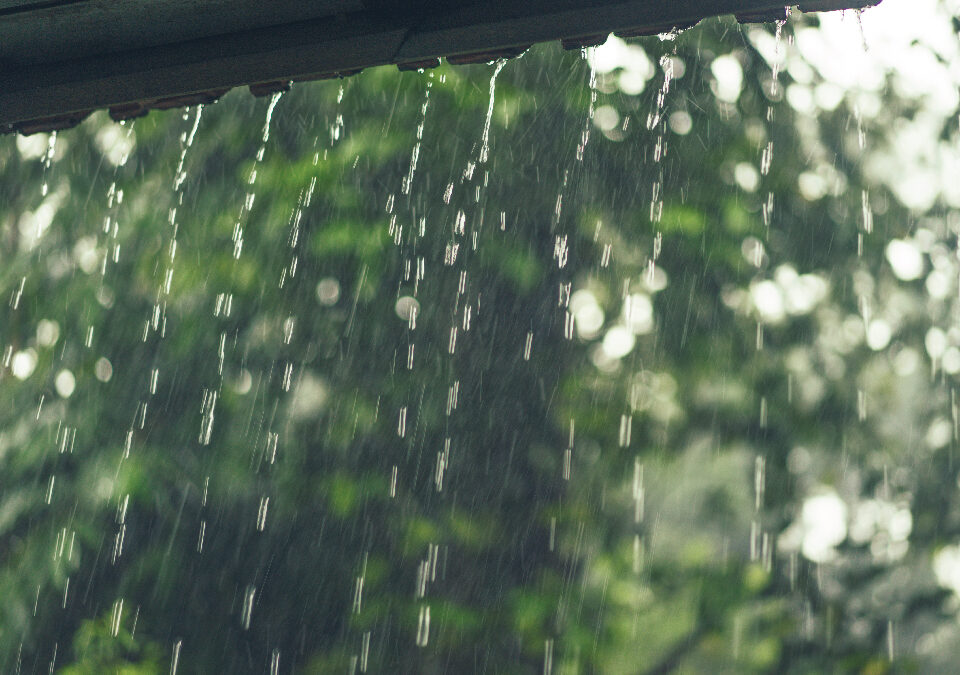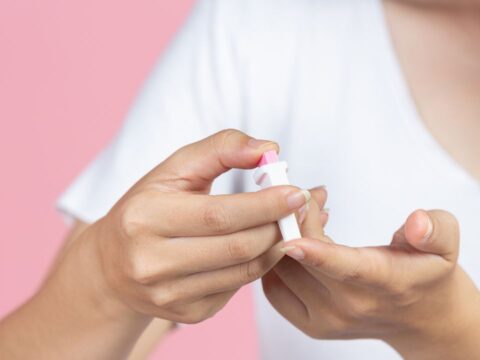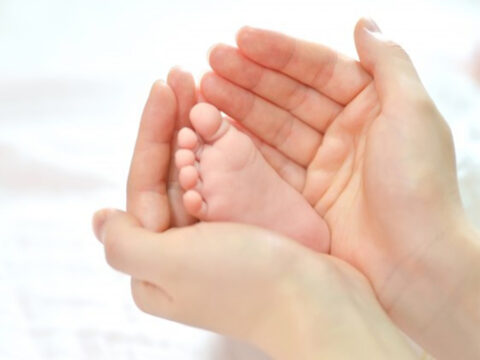
Healthy Dessert Recipes For Diabetics
September 15, 2021
Why Diabetes Is A Risk Factor For Alzheimer’s Disease?
September 17, 2021Monsoons may bring relief from the summer heat but they also cause many bacterial, fungal and viral infections. If you have diabetes, your risk of getting these infections is higher and your need to prevent them is even more reasonable. These infections can worsen your diabetes by causing various complications in the body such as foot problems, eye problems, etc. Therefore, you must follow healthy practices to avoid infections and many other complications.
Tips For Diabetics To Prevent Infections in Monsoons:
Stay Hydrated
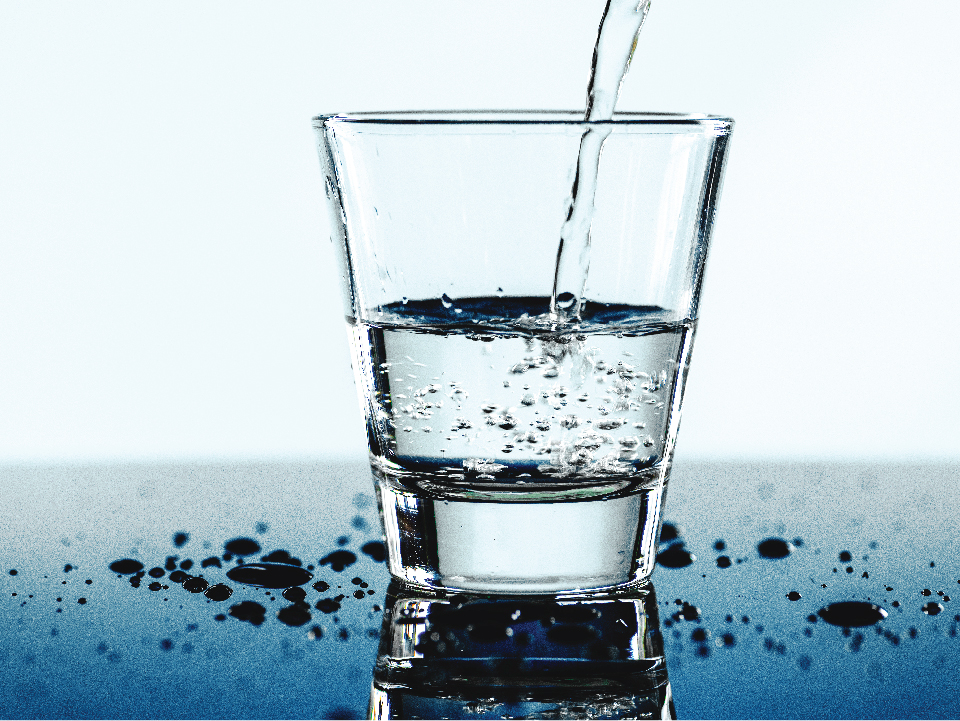
Hot and humid monsoon weather can lead to dehydration. Therefore, it is extremely important to keep yourself hydrated all the time. You must drink plenty of water and other fluids such as vegetable soup, ginger tea, coconut water, etc. To avoid water-borne diseases, you may also drink lukewarm water. You must try to avoid drinking carbonated beverages or packaged drinks.
Eat A Healthy And Balanced Diet
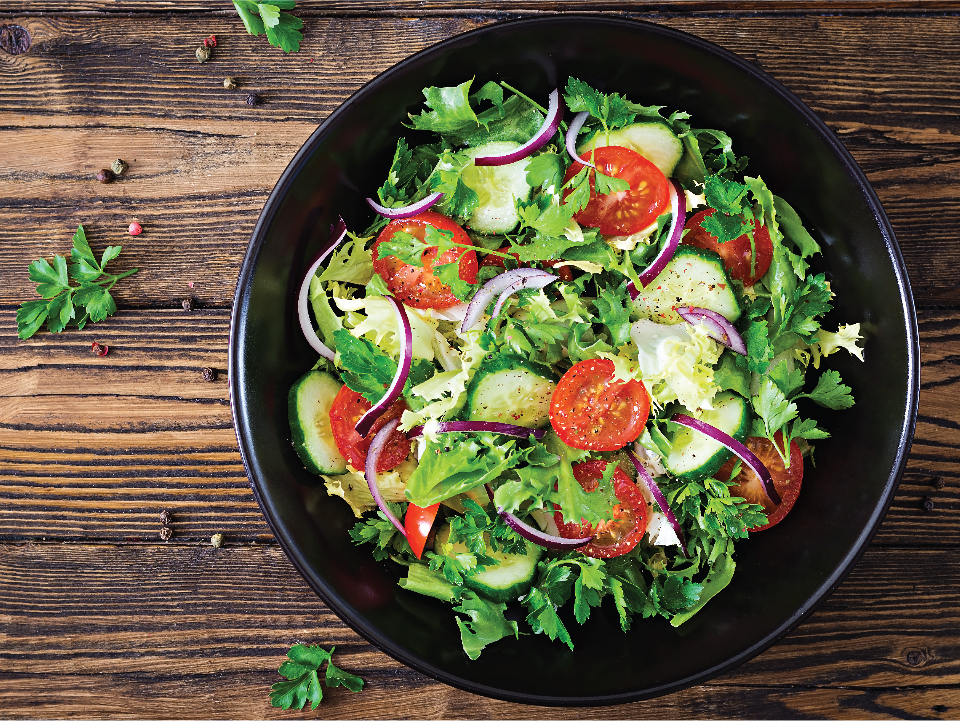
Eating a healthy diet is very important to manage diabetes efficiently. However, during monsoons, taking care of your diet is even more significant. Most of the infections reach the body through food. Therefore, you must include the following healthy practices to prevent infections and other diabetes complications.
- Do not eat raw food. Always eat well-cooked or steamed food to avoid bacterial infections.
- Wash all the fruits and vegetables thoroughly with water before using them. During monsoon, the food is more prone to getting infested with worms.
- Avoid eating food in street-side stalls and eat at home as much as possible.
- Stick to your recommended diet and eat a balanced diet at regular intervals of time. During the monsoon, the digestive functions of the body are already weak. Therefore, by eating a healthy diet, you may be able to prevent many digestive disorders.
Exercise Regularly

Monsoon may make it difficult for you to get out of bed and exercise. However, you must exercise daily no matter what. Exercising not only helps to control blood sugar levels but also prevents the risk of cardiovascular diseases. If you cannot go out to exercise due to the rain, you must do some simple exercises at home. The key is to remain physically active.
Take Care Of Your Feet
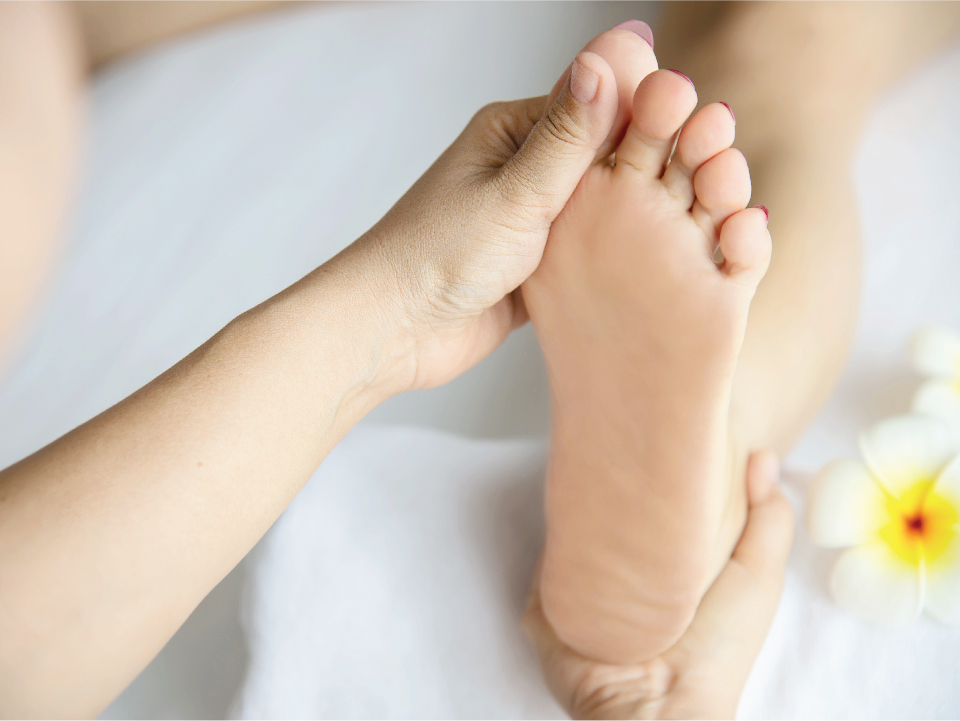
One of the most serious complications of diabetes is foot problems. Diabetes patients are more prone to getting infections in their feet due to a weak immune system. If you suffer from nerve damage or neuropathy, then the chances of getting infections are even higher as the cuts and wounds may remain unnoticed for a long time. Therefore, taking care of your feet is extremely important, especially during monsoons as the chances of getting bacterial, fungal and viral infections are higher in this season.
- Wear comfortable footwear that does not trouble your skin and is water-resistant.
- Always keep your feet dry and avoid wearing moist socks. If your feet get wet in the rain, dry them immediately with a cotton cloth.
- Avoid walking barefoot. You must avoid getting in contact with any germs or bacteria.
- Inspect your feet daily for cuts, wounds and blisters. Also, inspect your toenails as they get infected easily during monsoons. In case of any cuts or wounds, heal them immediately or contact your healthcare professional.
Maintain Personal Hygiene
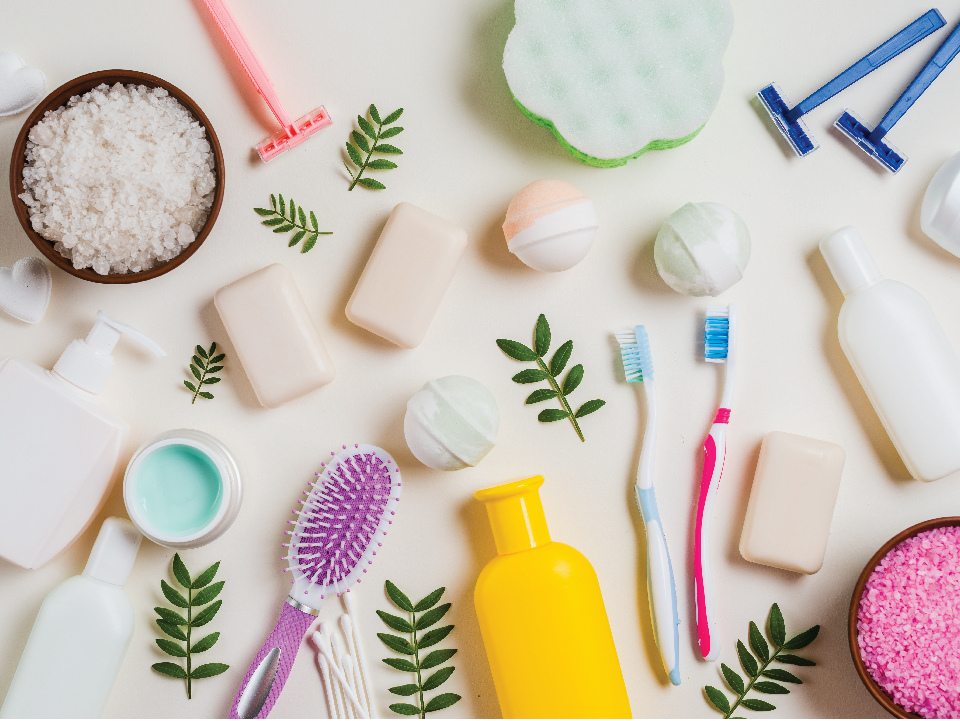
Maintaining personal hygiene is very important during monsoons, especially if you have diabetes.
- Avoid walking in puddles or dirty water.
- If you get wet in the rain, take a shower immediately to avoid any infection.
- Always sanitize your hands when you are outside. As soon as you reach home, make it a habit to wash your hands thoroughly.
Boost Your Immunity

People with diabetes already have weak immunity. Monsoon further weakens their immune system. Therefore, it is highly recommended to eat foods rich in antioxidants and Vitamin C such as onions, garlic, mushrooms, citrus fruits, ginger, yoghurt, etc. They help to build immunity in the body and prevent infections.
Pay Attention To Your Eye Health
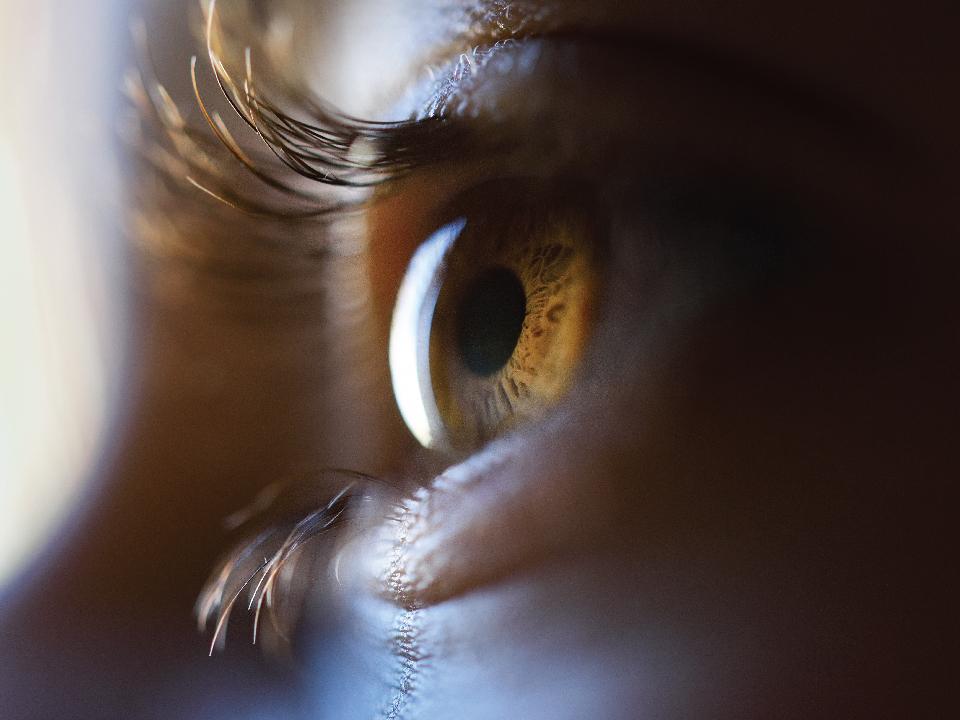
Eye infections are highly prevalent in monsoons, especially if you have diabetes. Bacterial and viral infections can cause many eye problems such as conjunctivitis, stye, dry eyes, etc. By regulating blood sugar levels and maintaining ocular hygiene, you may prevent these infections.
- Do not touch your eyes with dirty hands. Always touch the ocular surface only after you have washed your hands.
- Avoid getting rainwater in your eyes. Keep your eyes shut if you have to stand in the rain for some time. Rainwater may contain pollutants, bacterias and germs that can cause infections.
- Don’t share articles of personal use such as handkerchiefs, glasses, lenses, etc. It can cause the eye infection to spread from one person to another.
- If you face any eye problem, you must contact your doctor immediately.
Reference Links:
- https://www.cdc.gov/diabetes/ndep/pdfs/tips-to-help-you-stay-healthy.pdf
- https://www.diabetes.org/diabetes/complications/foot-complications
- https://www.healthline.com/health-news/diabetes-foods-to-boost-the-immune-system-020114#1
- https://pharmeasy.in/blog/11-rules-diabetics-must-follow-during-the-monsoon/

